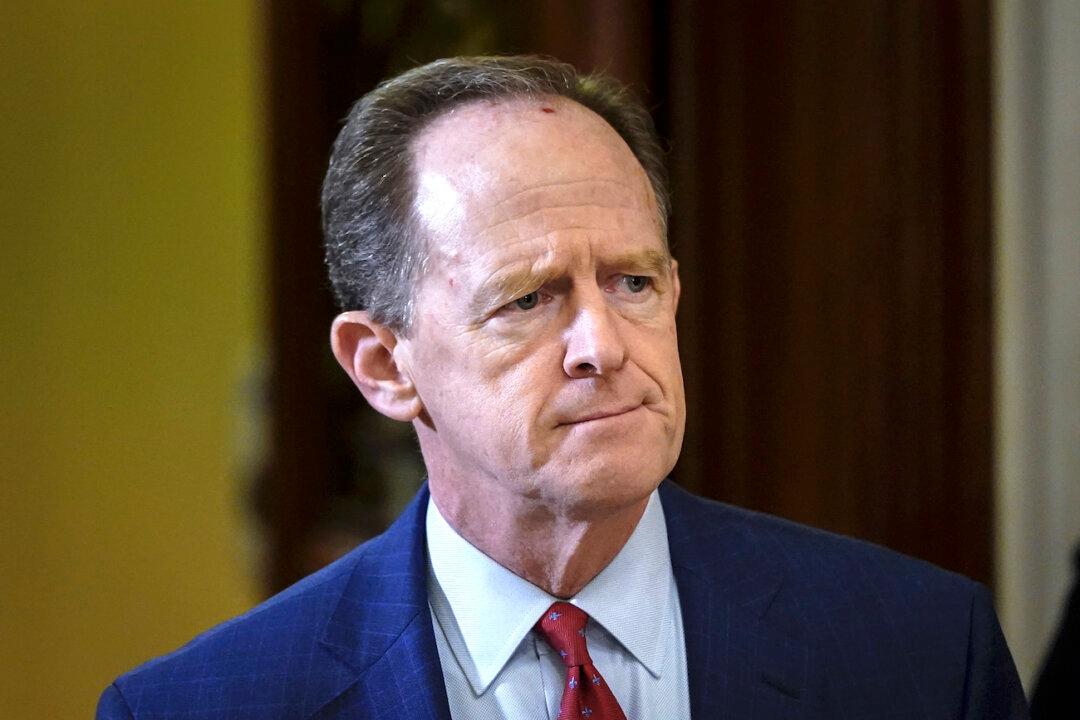The Pennsylvania state Republican Party decided against endorsing a candidate in the packed primary race to replace retiring U.S. Sen. Pat Toomey (R-Pa.), and will instead allow would-be nominees to compete among themselves.
The state organization made the decision after a vote held in Lancaster showed that party officials opposed giving an endorsement to any of the contenders, despite early leads among party activists for real estate developer Jeff Bartos.





